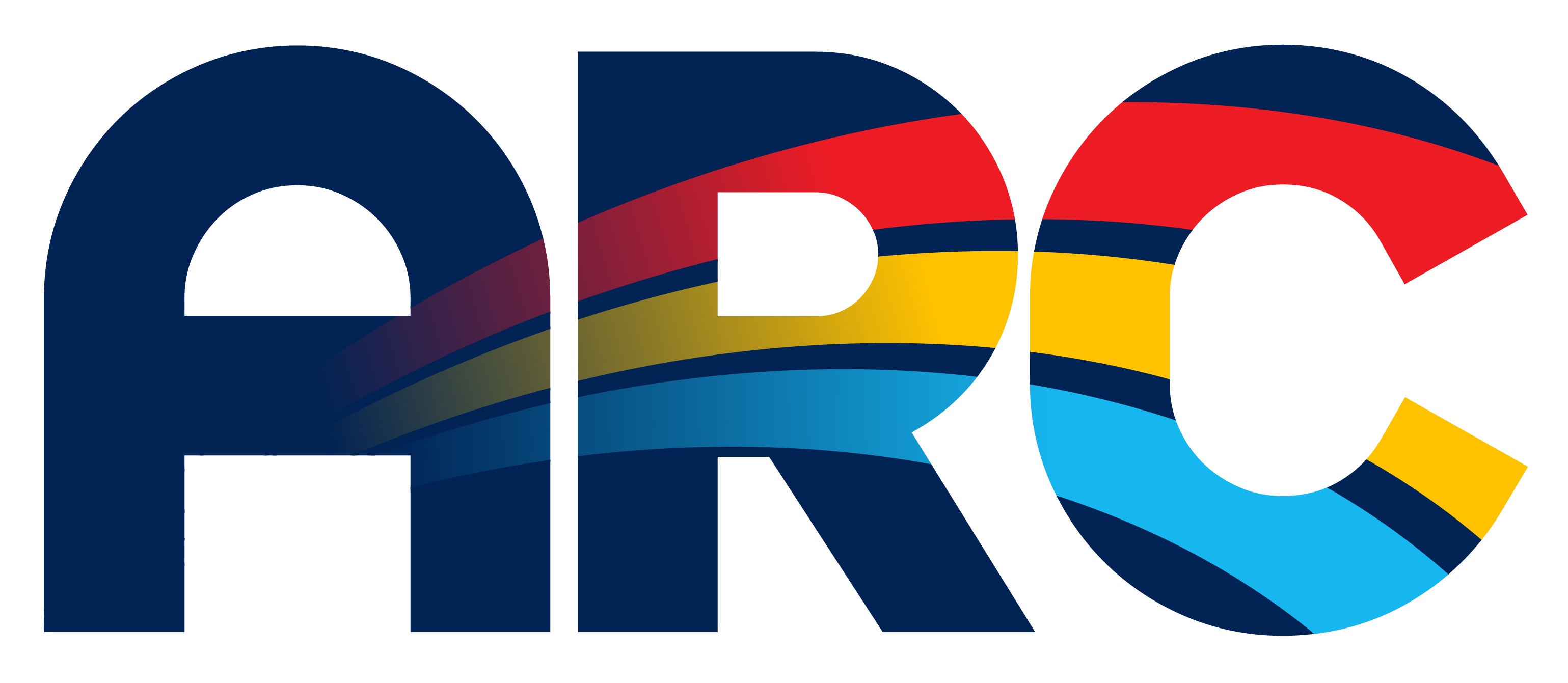Iconic Encounter: A Cohesive Response to the Problem of Language; A Holistic Biblical and Phenomenological Approach
Presenter Status
Department of Religion and Biblical Languages
Presentation Type
Oral Presentation
Location
Buller Hall, Room 250
Start Date
23-5-2019 10:35 AM
Presentation Abstract
In recent decades, numerous theologians have risen to defend new approaches to the Doctrine of God that favor anthropological, ethnocentric, feminist, and ecocritical interpretations that ultimately question how modern language functions to describe the Divine. Focusing on four case studies (Gen. 16:13-14; Ex. 3:13-15; Job 42:1-6; and Lk. 1:46-55), this project responds to the aforementioned views by creating a model for the language of theology based upon the way in which biblical authors address the phenomenon of God’s revelation through the written word. Amongst other things, I argue that the God-language employed in Scriptures relies upon an altogether theophanic, metaphoric, and paradoxical spectrum that provides a model for theological discourse. In this context, theophany refers to how language functions as a direct response to God’s metaphysical or spiritual manifestation; metaphor, to how humans employ symbols and images to describe God; and paradox, to how seemingly contrary statements complexify the way in which readers understand God and God's attributes according to the biblical text. Amongst other things, the biblical evidence shows that although hidden and eternally Other, God is willing to interact with humanity to restore a continually growing knowledge of the Divine. In this type of language, the Divine mystery becomes sublimated to being reconceived within the limitations of the human mind.
Biographical Sketch
After leaving my home country Nicaragua in 2014, I have had the privilege of enriching my academic experience by pursuing a Bachelor of Arts degree at Andrews University; an experience which has broaden my horizons and augmented my faith to see the world in a different light.
Since the completion of this project, I have had the privilege of working on the publication of two articles with the help of Prof. Davide Sciarabba and Dr. Meredith Jones-Gray. These articles include “‘The Eye of My Understanding’: The Intelligibility of God and Human Cognition in The Revelations of Divine Love by Julian of Norwich,” and, "Emptying the Self: Kenotic Abandonment and Self-Denial in Jean-Luc Marion's Formulations on the Language of the Doctrine of God." The research for these works is still in progress.
As manifested in my current research, my main my areas of interest include systematic and philosophical theology, medieval mystical literature, and comparative studies in literature and religion.
At this point in my undergraduate journey, I have completed most of the requirements to graduate with a double major in English Literature and Theology in May of 2019. In addition, I am currently finishing my application process for the Master of Arts program in Comparative Literature at the University of Salamanca, Spain, and the University of California, Berkeley, among others.
Iconic Encounter: A Cohesive Response to the Problem of Language; A Holistic Biblical and Phenomenological Approach
Buller Hall, Room 250
In recent decades, numerous theologians have risen to defend new approaches to the Doctrine of God that favor anthropological, ethnocentric, feminist, and ecocritical interpretations that ultimately question how modern language functions to describe the Divine. Focusing on four case studies (Gen. 16:13-14; Ex. 3:13-15; Job 42:1-6; and Lk. 1:46-55), this project responds to the aforementioned views by creating a model for the language of theology based upon the way in which biblical authors address the phenomenon of God’s revelation through the written word. Amongst other things, I argue that the God-language employed in Scriptures relies upon an altogether theophanic, metaphoric, and paradoxical spectrum that provides a model for theological discourse. In this context, theophany refers to how language functions as a direct response to God’s metaphysical or spiritual manifestation; metaphor, to how humans employ symbols and images to describe God; and paradox, to how seemingly contrary statements complexify the way in which readers understand God and God's attributes according to the biblical text. Amongst other things, the biblical evidence shows that although hidden and eternally Other, God is willing to interact with humanity to restore a continually growing knowledge of the Divine. In this type of language, the Divine mystery becomes sublimated to being reconceived within the limitations of the human mind.




Acknowledgements
This project wouldn’t have been made possible without the insightful counsel and advise that came from my professors and colleagues at the J. N. Andrews Honors Program, the Department of Religion and Biblical Languages, and the Department of English at Andrews University.
More specifically, I am indebted to my mentor and advisor Prof. Davide Sciarabba from the Department of Religion and Biblical Languages. Countless discussions at the office of Prof. Sciarabba have come to life in the pages of my research, guiding my thought and aiding my understanding of the world and religion as I ventured myself into the study of philosophy and systematic theology.
In addition, I would like to thank Dr. L. Monique Pittman, Dr. Ivan Davis, Dr. Ruben Munoz-Larrondo, Dr. Vanessa Corredera, and Dr. Ante Jeroncic for providing me with the spiritual and critical tools to conceive the thoughts that have helped my research throughout my undergraduate experience.